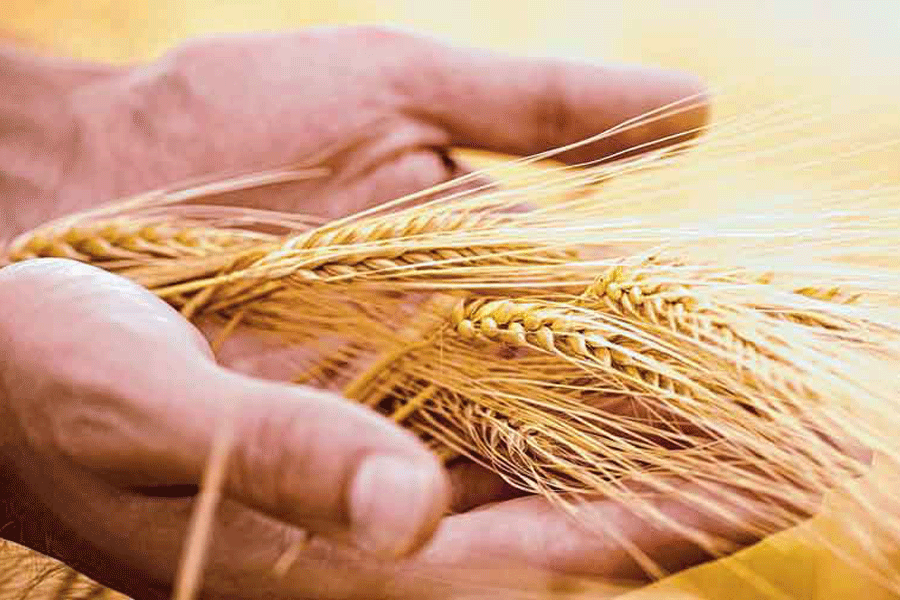A section of ration dealers from across Bengal has accused the state food and supplies department of not providing them the actual amount of food grains shown in the digital database.
After the ED arrested Jyoti Priya Mallick, Bengal’s food and supplies minister from 2011 to 2021 on October 27, functionaries of the All India Fair Price Shop Dealers’ Federation (AIFPSDF), an outfit of ration dealers, have demanded a probe into the alleged discrepancies in supply, alleging it could be part of the “corruption model” in the public distribution system.
“The physical amount of food grains we get from the department is less than what we are allotted in the digital system, which is controlled centrally. We demand the government look into the issue to find out if this was also part of the corruption model,” said Biswambhar Basu, the national general secretary of AIFPSDF.
“Many dealers get 15-20 per cent less than their due amount. Many are forced to buy food grains from outside to distribute among people to avert agitations. Most of the 20,268 ration dealers are victims of this,” claimed Basu.
A source said rice mill owner Bakibur Rahaman, also arrested by the ED in the PDS “scam”, and a few others like him were “masterminds” behind ration dealers getting lesser quantities of food grains than their allotments.
The state government introduced the e-POS system, a digital platform to maintain a stock for ration dealers, in 2021, for “transparency”. According to the system, a ration dealer would digitally authenticate the amount of the supply to him or her against the number of beneficiaries. Before this, the entire system was manual.
“What we accept digitally is not the same as what we receive physically. If we don’t give our nod to the digital system, our supply will stop. We are forced to accept the fate as we have to face people,” said a ration dealer based in Purulia. “Two of our colleagues had to even sell land to buy food grains from the open market to distribute them among beneficiaries.”
Added a Birbhum dealer: “The problem was the same in the earlier manual system, but more prominently seen when the system became digital.”
An official in the state food and supplies department dismissed the charge of malpractice and blamed technical snags for any discrepancy between what ration dealers get and what the digital system reflected.
Another official said that during the Covid-19 period, extra food grains were supplied to ration dealers under Pradhan Mantri Khadya Suraksha Yojna, which stopped in December 2022. The Centre asked the state to return the leftover food grains. “Stock for dealers is allocated two months before public distribution. So January’s stock is cleared in November. As we already allocated the supply of the central scheme two months ago, we had to go for an adjustment (in the subsequent months when the central food grains were returned). That is why some ration dealers are facing a discrepancy,” he said.











